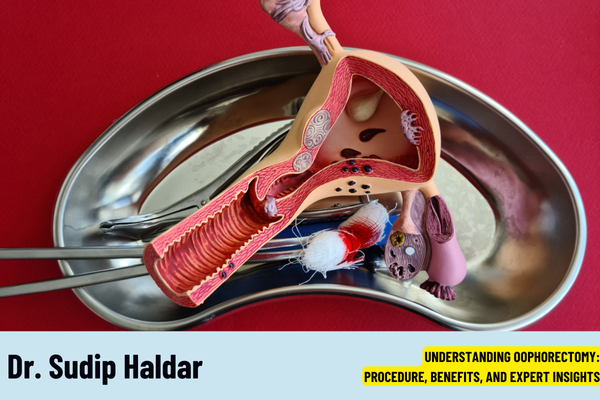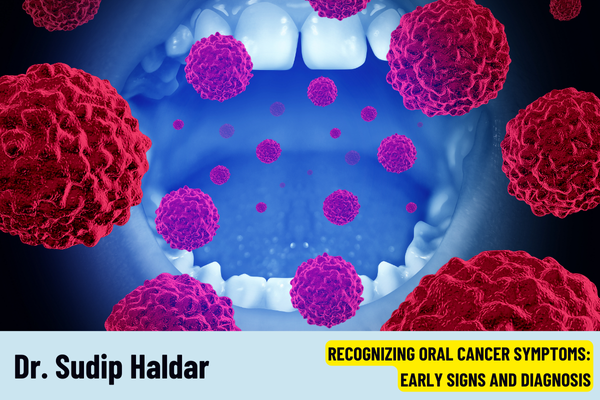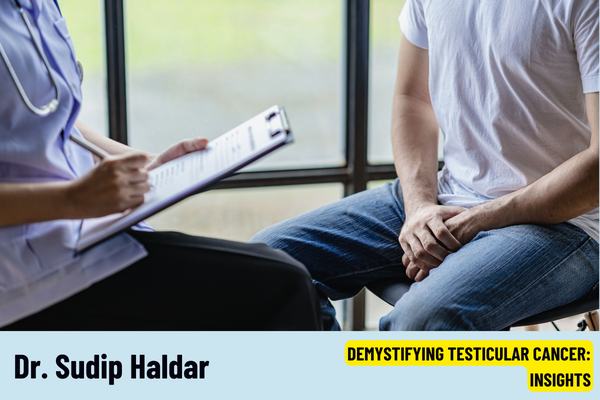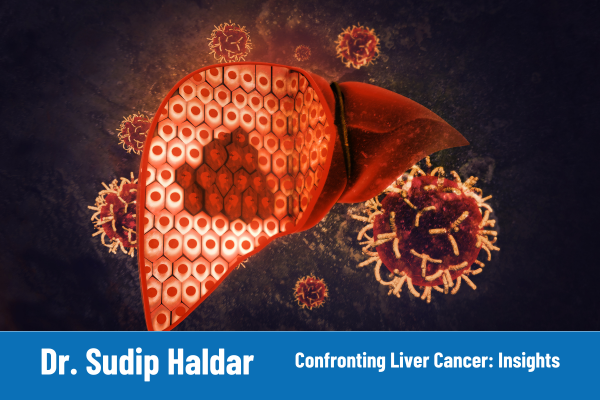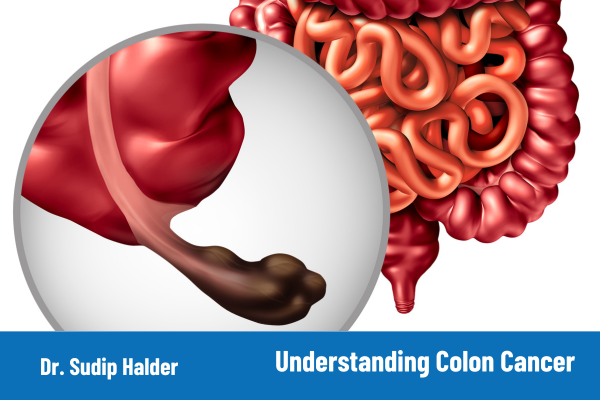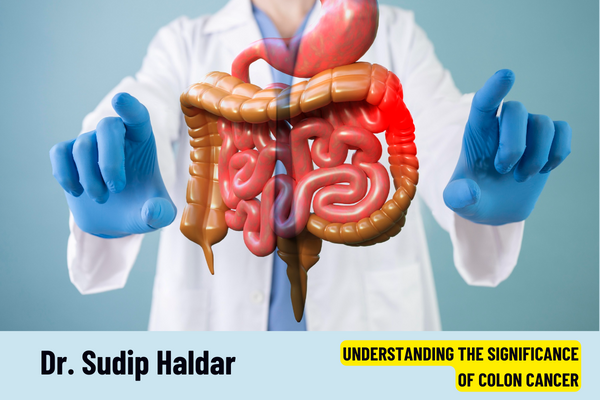Introduction Is surgery without complications possible? It’s a myth. Every operation, no matter how minor, carries inherent risks. Whether performed by a newbie or an experienced surgeon, complications happen. It’s inevitable. Every complication is a lesson, a step toward mastering our craft. Skill, tissue respect, dissection techniques, gadgets, minimally invasive procedures, and case selection are crucial. Cumulative experience makes us better surgeons every day. Learning. Improving. Adapting. But there’s more. Communication, counselling, and expectation management are just as vital. Clear conversations and honest expectations build trust, bridge gaps, and help us navigate the complexities of surgical complications. Ultimately, it’s all about growth for our patients and their families. Case Scenarios: Real Stories from the Surgical Frontline Case 1: Carcinoma Breast Mrs A, diagnosed with breast cancer, came to us seeking treatment. We started with neoadjuvant chemotherapy to shrink the tumour before surgery. After a few cycles, she was ready for the next step: breast conservation surgery with an advancement flap. Preoperative Plan: The surgery went well, but then complications arose. Post-operatively, the flap necrosed completely. As a surgeon, it was a hard pill to swallow. Flap necrosis, though not rare post-reconstruction, felt like a personal setback. Patient and Family Response: I was nervous about facing Mrs. A and her husband. Would they understand? Surprisingly, they accepted the situation far more quickly than I did. They trusted me completely. Their calmness and acceptance gave me strength. We managed the complication conservatively. Today, Mrs. A is doing well. This case taught me the importance of clear communication and trust. I felt grateful for their understanding and resilience. Case 2: Carcinoma Stomach Mr. B had carcinoma of the stomach. Every meal was a struggle. Even liquids made him vomit sometimes. Initially, he was started with one cycle of neoadjuvant chemotherapy, hoping to shrink the tumour. Now, he presented with severe gastric outlet obstruction. We had no choice but to operate. Distal gastrectomy was the plan. We removed the cancer, hoping for a smoother path ahead. Postoperative Complication: Post-operatively, complications struck again. Mr B developed abdominal distension. Urgent. We needed to reoperate. The cause? Duodenal blowout. Bile leaked into the abdomen from the intestinal cut end. Another surgery was performed to control the leak and stabilise Mr B. It was a tense period, but we managed to pull through. Family Reactions and Team Effort: Once the immediate crisis was handled, we faced another challenge: communicating the situation to Mr. B’s family. The reactions were mixed and intense. Some relatives were in complete denial, refusing to believe that another surgery was necessary. They clung to the hope that the initial operation should have resolved everything. Others struggled to grasp the severity of the complication and the risks involved. A few were visibly irritated, frustrated by the unexpected turn of events. Understanding the importance of clear and compassionate communication, our team gathered for a detailed discussion. We planned a multifaceted approach to address the medical aspects and the family’s emotional and financial concerns. We sat down with Mr B’s relatives in a quiet room, away from the bustling hospital environment. Our senior surgeon, Dr. S, led the conversation, explaining briefly what had happened and why the reoperation was crucial. He used diagrams to illustrate the duodenal blowout and the subsequent bile leakage, ensuring that everyone could visualise the problem. Mrs T, our nurse, and Mr P, the financial counsellor, joined the discussion to address the non-medical concerns. Mrs. T spoke gently about the post-operative care plan and the steps we would take to monitor Mr. B’s recovery. She emphasised the importance of their support and understanding during this critical period. Mr. P then discussed the financial implications of the additional surgery. He provided a clear breakdown of costs and potential insurance coverage, offering reassurance that we would work with them to manage the expenses as smoothly as possible. Throughout the meeting, we encouraged questions and allowed the family to express their fears and frustrations. It was a difficult conversation, but most of Mr B’s relatives better understood the situation. They appreciated the transparency and felt more involved in the decision-making process. The resilience of our patients and their families, coupled with open and honest communication, is crucial in navigating these challenging situations. This experience reinforced the importance of a compassionate, team-based approach to managing surgical complications. Perspective on Complications Physician’s Perspective: Physicians analyse these percentages to understand risks better and improve patient outcomes. However, numbers alone can’t convey the emotional and physical impact on patients. Each case of necrosis or blowout is not just a statistic but a deeply personal journey for the patient and their family. Patient’s Perspective: For patients, any complication feels like a 100% occurrence. It’s their reality, their struggle. Explaining the statistics can be challenging, as it may not resonate with their immediate experience of pain and uncertainty. Communication of Risks and Complications It’s crucial to discuss the most common and critical complications pre-operatively. Clear communication about potential risks, however rare, prepares patients and their families for possible outcomes. This includes explaining: – Flap Necrosis: The likelihood, contributing factors, and steps for management. – Duodenal Blowout: The potential for bile leakage and the necessity for reoperation. Addressing these aspects fosters trust and understanding, helping patients and families navigate the complexities of surgical treatment with informed confidence. Complications vs. Negligence: A Thin Line In surgical practice, especially in settings like India, the distinction between complications and negligence can often blur from the patient’s perspective. Any adverse outcome is sometimes perceived as negligence, leading to a breakdown in trust. This issue is complex and multifactorial, rooted in the medical system and societal expectations. The Nature of Complications Complications are an inherent part of surgical practice. Despite the best efforts and highest standards of care, complications can and do occur. They are a known risk, discussed pre-operatively, and often unavoidable due to the nature of the human body and the complexity of medical procedures. Defining Negligence Negligence, conversely, is characterised by a failure to

